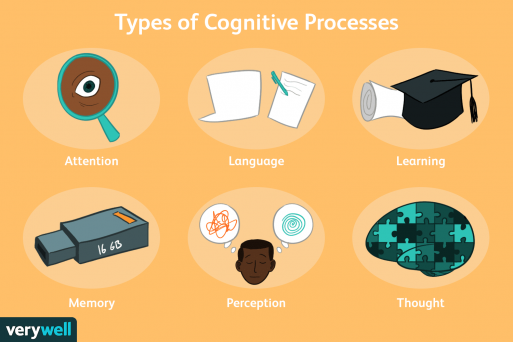Adults often say to me that they wish they had never given up on playing as a child. It’s too late.” But I have good news: It’s never too late. You and your brain will reap the benefits of having a new instrument.
Before you start (or stop), be clear about your goals. It is unrealistic to expect yourself to win the National Fiddle Championships or perform at Carnegie Hall. There will be opportunities to achieve tangible accomplishments like winning fiddle contests or performing in public performances, but those who stay with the instrument aren’t looking for flashy results are not the goal. Enjoy yourself, and feed your creative side. All that you do as musician should be for these ends.
Even if you have your intentions straight and are determined to take up a new instrument, the voices in your head may be protesting loudly. “You’re too old! You are not competent enough! This is not something you can learn.” You may hear variations of this theme even after you start playing. Norman Weinberger, neuroscientist at University of California Irvine says that you won’t be able to learn this theme.
Many people believe that the brain doesn’t become very flexible after puberty. Weinberger claims that the brain is still capable of changing. Is it easier to learn something at 65 than it is at five? No. But it is possible. Yes.” (NPR)
You may find that the instrument will be more challenging if you are returning to it than when you first started it. However, this does not affect your ability to learn. You don’t have to be old to learn how to play an instrument.
It can feel like you are trying to do everything at once. But if you concentrate on the many skills required to play an instrument well, it will be easier than you think. If you are up for the challenge, you can think about the mental workout your brain is getting. You may be performing various physical operations with your hands. You can see that there are many music centers in your brain, which is unlike language. These functions are amazing and they make our brains stronger in many areas.
Musicians of all ages see brain functions improve, ranging from mood to executive function and more. Practical Neurology is Dr. Ronald Devere’s opinion.
Musicians are more likely to have higher volumes of the anterior corpus callosum, premotor regions, cerebellum, auditory cortex (surface), and cerebellum than non-musicians. When performing music tasks, musicians are more likely to use both halves of their brains. Studies have shown that older musicians perform better than non-musicians in tasks assessing auditory processing, cognitive controls, and comprehension of speech when it is noisy. This phenomenon has been confirmed in elderly people with little or no music training, as well as those who have had a limited amount of music training. “Practical Neurology” – Music training in the early years of life is associated with quicker neural responses to speech in older individuals.
This means that even if you had only a small amount of musical training as a child, it had an impact on your brain. What if you don’t have any musical training? Devere shares his thoughts:
One study found that musically untrained participants aged 30-85 who had received piano lessons for six months showed an improvement in performance on cognitive tasks related to executive function. This includes verbal fluency and speed with which they processed information. It also revealed an increase in mood. These studies indicate that music training can have a protective effect against age-related cognitive changes. This is possible even after a short period of training.
Let’s sum it up, no matter your age, 85-year-old participants were included in the study. Even a brief amount of music training can protect your brain against cognitive decline as you age.
You create new synapses between brain cells every time you play music. Children actually create new brain cells when they play music. However, we are stuck with the ones that we have so we need to build new synapses in order to learn new skills. While children have certain advantages when learning to play music, adults also have many advantages. You can see things in music you wouldn’t have noticed as a child. Your knowledge base is much wider and allows you to use more resources (such as virtual learning).
You have all the advantages of being an adult learner, plus the benefits of learning music at any ages. This puts you in a great place to pick up an instrument or continue learning on an existing instrument. Your brain will be stronger and you’ll have less of those “shoulda coulda didas”, as my mother would say. Not to mention having a lot of fun. You are up for the challenge. In fact, this musical challenge can be one of the best ways you prepare for all facets of your life, as well as any challenges that may come. So get playin’!
Sources:
https://www.npr.org/templates/story/story.php?storyId=98754560
https://practicalneurology.com/articles/2017-june/music-and-dementia-an-overview

